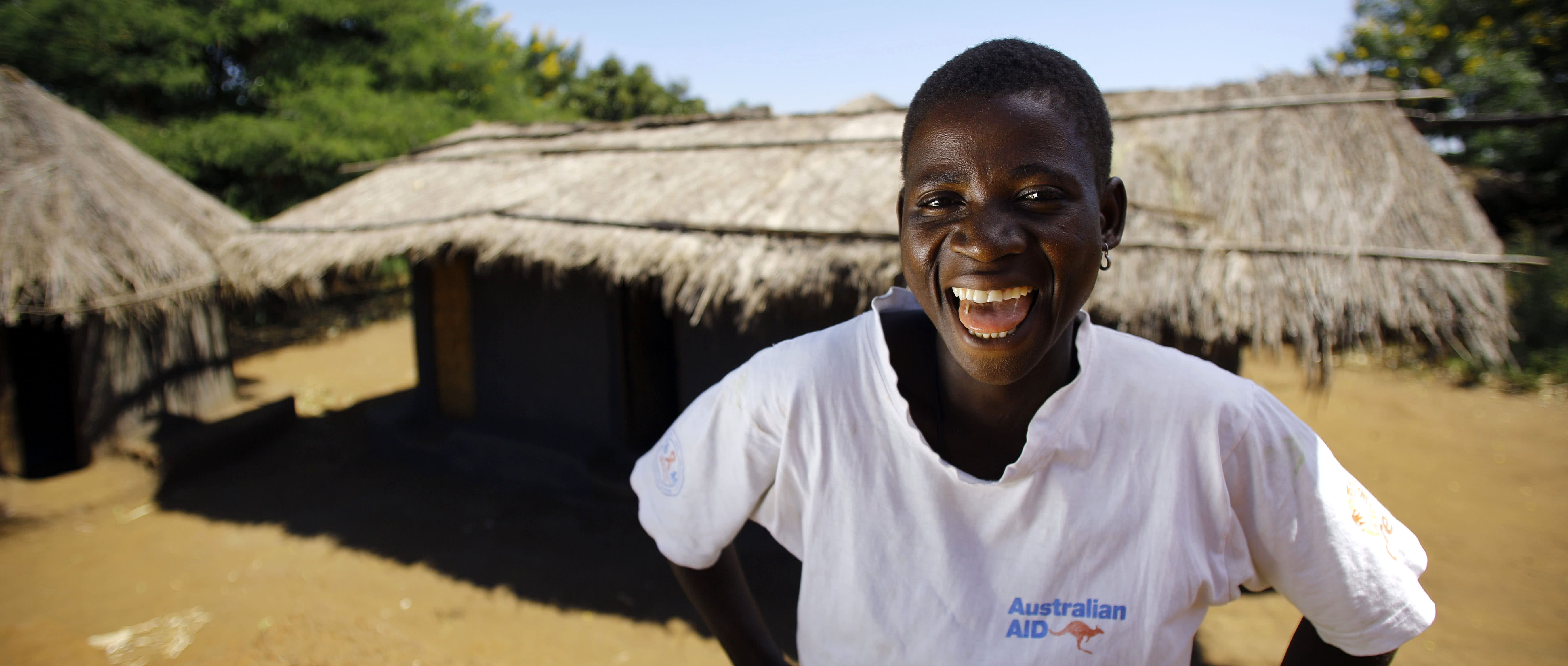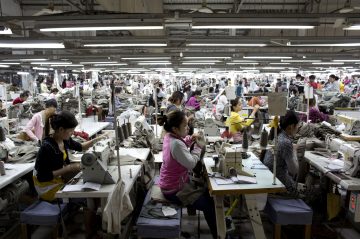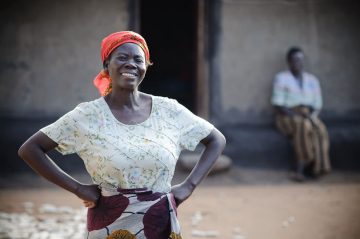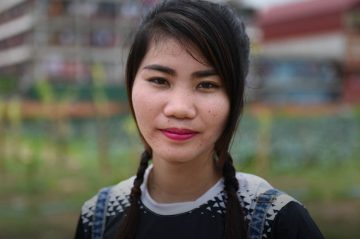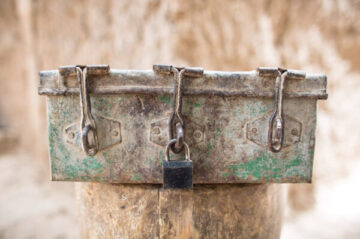In Tanzania, Malawi and Ethiopia, poverty and drought have caused widespread chronic food insecurity for more than 13 million people. This has particularly impacted rural communities who rely on subsistence agriculture.
CARE Australia’s five-year program Women’s Empowerment: Improving Resilience, Income and Food Security (WE-RISE) ran from 2011-2016 in all three countries. Funded by the Australian Government’s Australia Africa Community Engagement Scheme (AACES), WE-RISE assisted over 39,500 rural households to improve their access to food and increase their income. The program targeted chronically food insecure rural women to help them overcome food insecurity through their social and economic empowerment.
Fast Facts
- The percentage of female loan sources accessed through VSLAs increased from 9.9% to 71.5%
- WE-RISE participants have achieved significant gains in women’s empowerment across a number of areas
- In Malawi and Ethiopia, the project has contributed to increasing awareness of and a reduction in violence against women and girls and harmful practices such as early marriage
- Major partner: This project has been made possible thanks to generous contributions and ongoing support from the Australian Government
What we’ve done:
Village Savings and Loans Associations
CARE introduced Village Savings and Loans Associations (VSLAs) to the communities so participants could pool their money to create a larger savings account. Members could then take loans for business investments or buy assets as needed. Prior to WE-RISE, saving was not a common practice and mothers often found themselves without funds to provide for their families and were forced to sell off assets when times were tough.
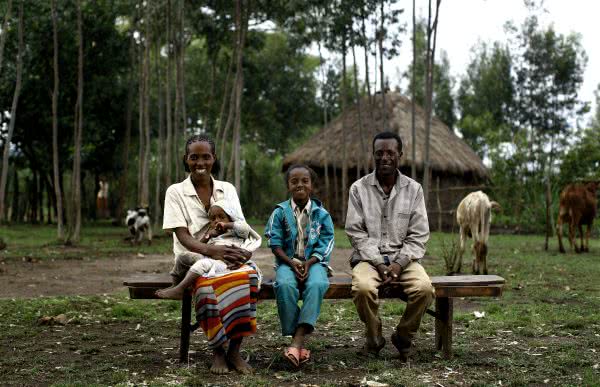
Food and nutrition
Through education and training, farming and nutrition practices were improved, and families learned to consume more nourishing and diverse foods and plant crops that would also endure drought. This is vital to ensure a healthy diet can be maintained, even when the dry season arrives.
Women taught by CARE take responsibility for passing this knowledge on and training others to ensure the change is widespread.
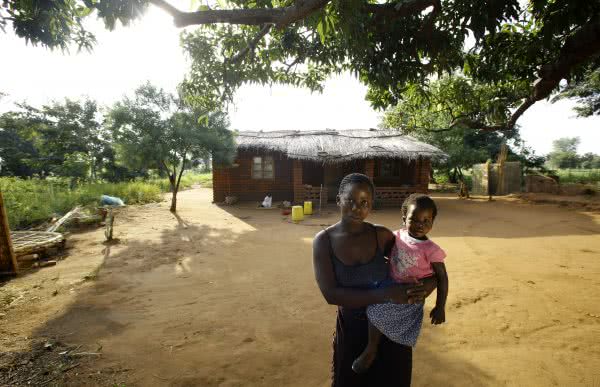
Agriculture and small business
By providing women with training, supplies and livestock, WE-RISE facilitated business opportunities such as sheep and goat farming, honey production, crop management and even soap making. At first sceptical of allowing the women in their communities to control businesses, the men’s attitudes shifted as the businesses proved to be successful.
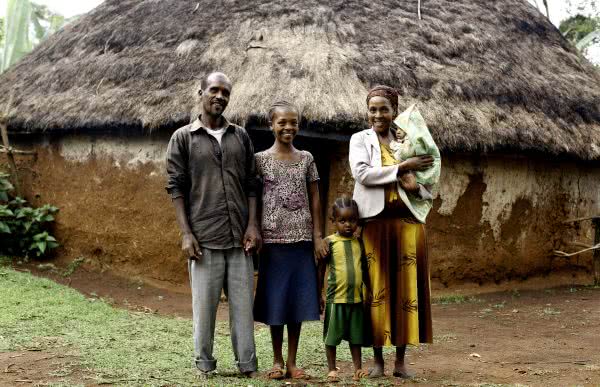
People with disabilities
The WE-RISE program ensured that men, women, girls and boys with disabilities were included. All inclusiveness is a vital and effective strategy to reduce poverty among marginalised groups of people.
The project focused on overcoming the social and institutional barriers that limit people with disabilities from fully engaging in society, as well as training them in income generating activities so that they can improve their food security and livelihoods.
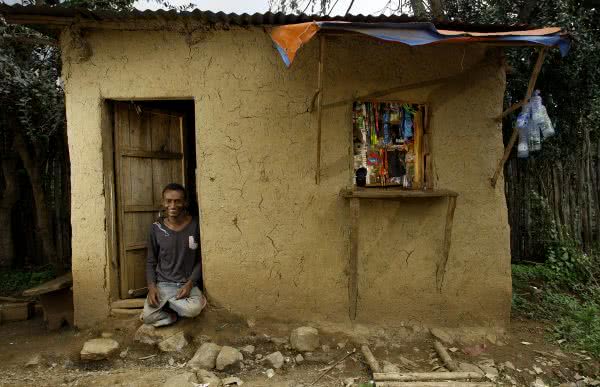
What we achieved:
After its completion, an independent evaluation of the WE-RISE program was undertaken, using a Women’s Empowerment Index to measure the extent to which women were empowered. The results speak for themselves:
- Women achieving empowerment increased in all three countries – by 40% in Tanzania; by 31% in Malawi and by 19% in Ethiopia.
- Household asset values increased by 42% in Ethiopia, 31% in Malawi, and 26% in Tanzania.
- On average, WE-RISE households in all three countries now have much healthier diets, consuming from approximately five different types of food, including cereals, eggs and vegetables.
Read the full evaluation, conducted by Technical Assistance to NGOs (TANGO).
Following the success of WE-RISE, CARE is looking to apply the lessons learned to other areas of our development work, and, of course, continuing to support women’s empowerment all over the world.
Providing lessons of optimism
Only five years ago, Abebech and her family couldn’t afford to send all their children to school or even buy fertiliser for their small plot of land. They were often hungry. “It was not part of our culture for me to work.”
“Being involved in the project has helped me to improve my farming practices. Now I am working outside and taking care of my children equally, sending them all to school.”
Trained through WE-RISE in nutrition and agriculture as well as business management and financial planning, Abebech now sells healthy food at the market.
“Before I joined the project, I was pessimistic. Now I am optimistic.”
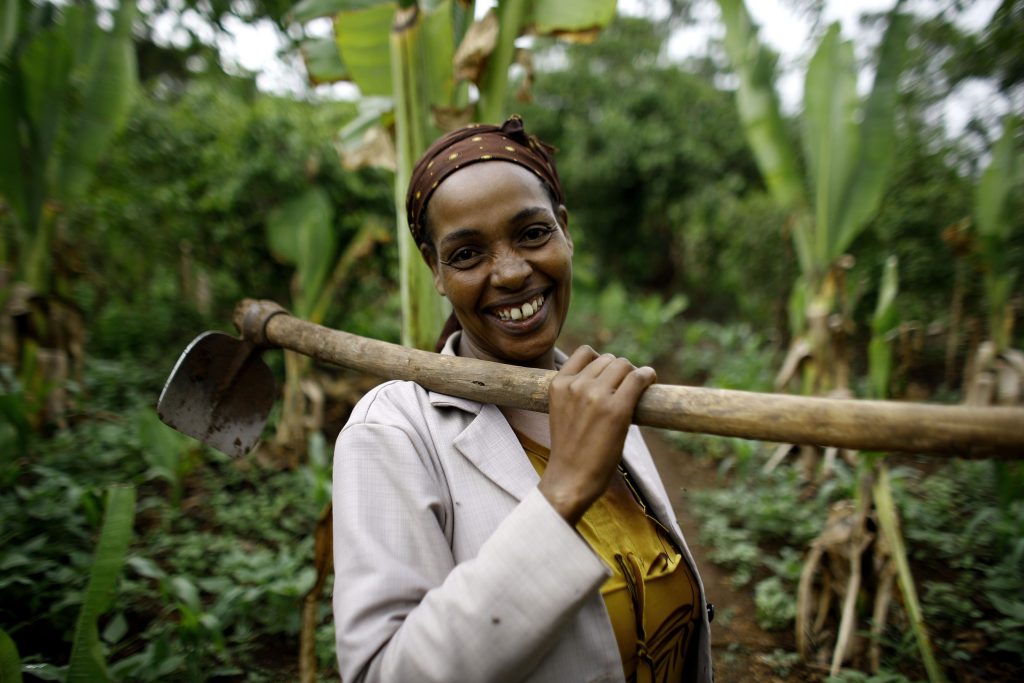
Read more about our work to empower women and girls:
CARE Australia is accredited by the Australian Department of Foreign Affairs and Trade (DFAT), responsible for managing the Australian Government’s aid program.
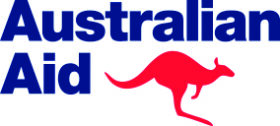
Banner image: ©CARE
